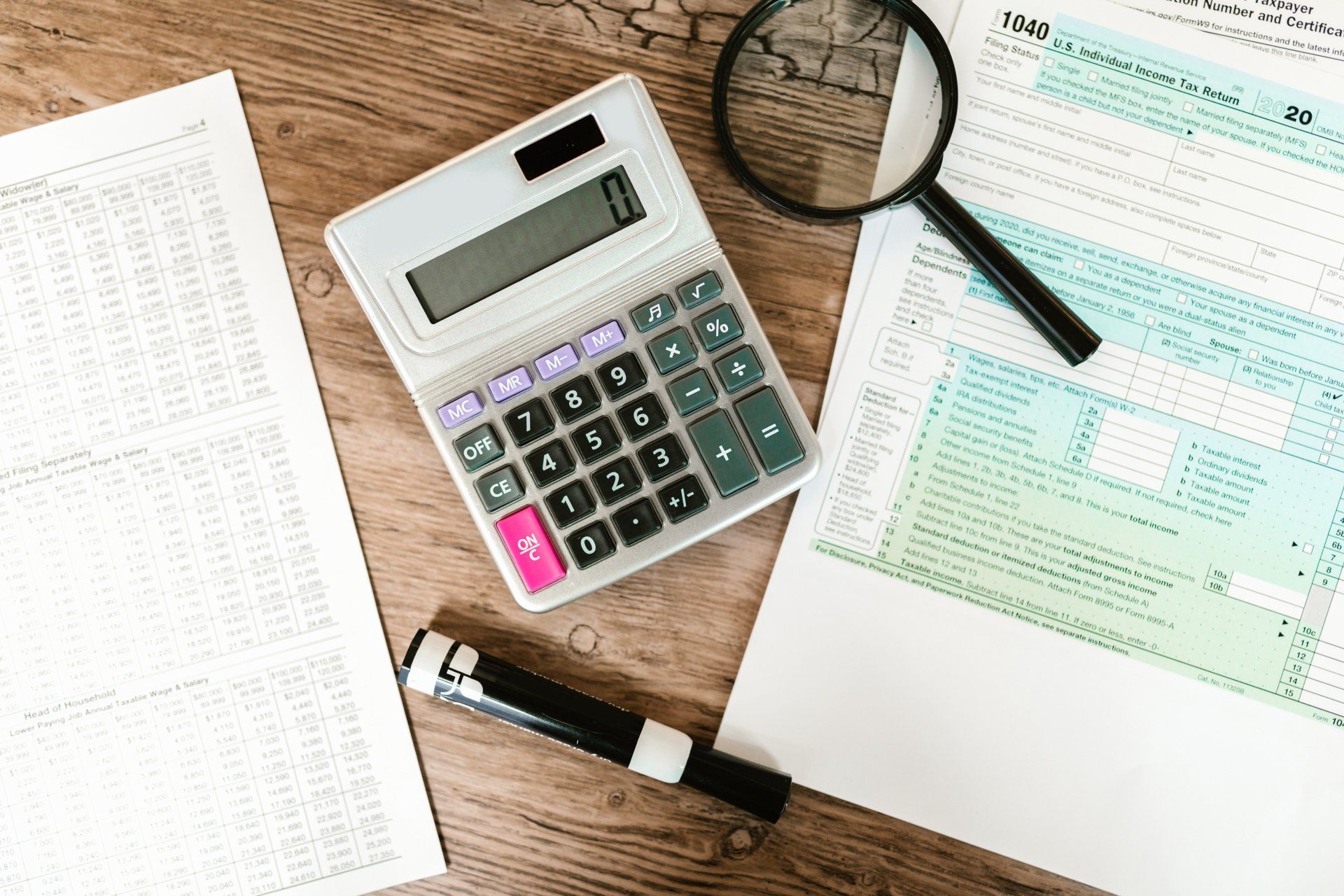Benefits
It’s no secret that the benefits system in the UK can be quite confusing to those not in-the-know, especially considering that incoming governments bring with them new changes that can complicate things further.
But the bottom line has always remained the same: you could be entitled to financial support depending on your personal circumstances.
The benefits system in the UK is set up to aid those who are:
- Unemployed and actively looking for work
- On a low income
- Living with a disability
- Bringing up children
- Retired
- A carer
- Too ill to work
Reliable , friendly people who care
"Very helpful people who took care to talk to me like i mattered and helped me set my debt recovery . I feel more positive going forward that im not struggling every week hand to mouth . They helped me all the way with the process and were always on end of a phone ready to help . I recommend them 100%"
Universal Credit
One of the most common benefits is Universal Credit, which supports working-age people (e.g those who are under the State Pension Age) on a low income. It was brought in to replace several ‘legacy’ benefits, such as Income Based Job Seeker’s Allowance, Income Support, Working Tax Credit, Child Tax Credit, Housing Benefit, and Income-related Employment and Support Allowance.
Universal Credit is a means-tested benefit, meaning that your income and capital will determine how much financial support you receive. If you have capital under £16,000, you could be eligible for Universal Credit. For more information, head to the GOV.UK website.
New style Job Seekers Allowance (JSA)
Another common benefit is Job Seeker’s Allowance, which you could be entitled to if you’re unemployed or working 16 hours a week or less.
Unlike Universal Credit, JSA does not take your capital into consideration however, it is a contribution-based benefit. This means that your eligibility depends on whether you have paid (or been credited with) enough Class 1 National Insurance contributions in the full 2 tax years prior to your claim. Other elements, such as receiving private pension or other earnings, will affect your eligibility. For more information, head to the GOV.UK website.
New style Employment Support Allowance (ESA)
ESA is aimed at those under State Pension Age who aren’t able (or have limited capability) to work due to an illness or disability and are not in receipt of Statutory Sick Pay.
As with the New Style JSA, ESA is a contribution-based benefit. This means that your eligibility depends on whether you have paid (or been credited with) enough Class 1 or 2 National Insurance contributions in the last two full tax years prior to the year you claim.
Good to know: the ESA benefit doesn’t factor in any savings that you (or your partner) have, and most of your income isn’t taken into consideration however, if you are receiving a personal pension this may affect the amount you receive. For more information, head to the GOV.UK website.
Pension Credit
This means-tested benefit is aimed at those who are on a low income and have reached State Pension Age; it tops up your weekly income, with additional amounts being paid if you are severely disabled, or a carer for someone who is.
For more information, head to the GOV.UK website.
Housing Benefit
This benefit aims to support those on low incomes in paying their rent, and is provided through your local council.
Housing Benefit is means-tested, and you can claim it if:
- You (and your partner, if applicable) have reached State Pension Age
- You (or your partner, if applicable) have received Pension Credit prior to the 15 May 2019
- You live in supported, sheltered or temporary accommodation
For more information, head to the GOV.UK website.
Council Tax Reduction
This means-tested benefit is provided by your local council to assist those on a low income with their Council Tax bill.
As this benefit is localised, the support you receive will depend on the rules of your local council. It is available to people who live in rental properties or homeowners.
For more information, head to the GOV.UK website.
Personal Independence Pay (PIP)
PIP is aimed at those between 16 and State Pension Age who have additional care needs due to an illness or disability.
This benefit is not means-tested, and it’s made up of two components:
- Daily living: the extra help you may need with everyday tasks including cooking, washing, dressing, bathing, communicating and managing money.
- Mobility: this takes into consideration how far you can walk and any difficulties with making a journey.
There are many more benefits the government provide that you could be eligible for. If you don’t fit into any of those mentioned above, you can use the Entitled to benefits calculator to check which benefits you’re eligible for.







